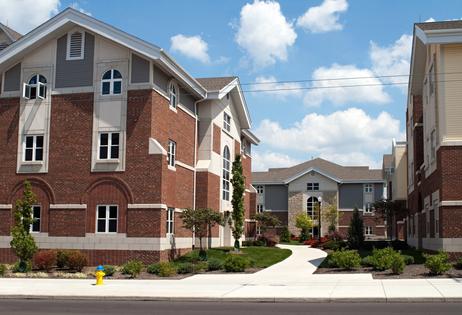Affordable Housing Options for Community College Students: 2025 Guide
Affordable Housing Options for Community College Students continue to shape enrollment decisions, academic success, and financial stability in 2025. As community colleges expand programs to meet workforce needs, the housing gap has become a defining challenge. Rising rents, long commutes, and limited campus-owned housing make it essential for students and families to navigate the most practical and affordable solutions.
This guide explores current trends, strategies, and Affordable Housing Options for Community College Students, with clear explanations that align with what parents, adult learners, and educators need to know.
Why Affordable Housing Matters in 2025
Affordable Housing Options for Community College Students remain closely tied to persistence and completion rates. According to ongoing research from the Community College Research Center, housing instability is one of the strongest predictors of dropout risk. As rents increase in urban and suburban markets, more learners face difficult trade-offs between paying for housing, covering tuition, and reducing work hours to focus on academics.
Community colleges increasingly acknowledge that Affordable Housing Options for Community College Students influence:
Daily commute times
Ability to attend in-person courses
Access to campus resources such as tutoring and advising
Mental health and academic consistency
The need for sustainable Affordable Housing Options for Community College Students continues to rise as enrollment rebounds



















